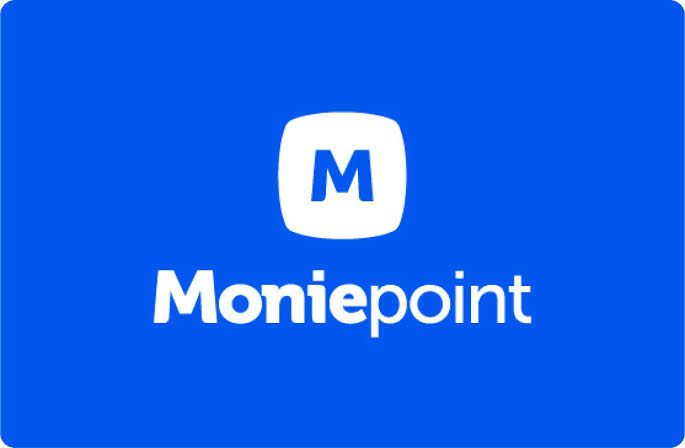MoniePoint Inc., a digital financial institution, is actively working to empower community pharmacists throughout Nigeria by offering innovative payment solutions aimed at enhancing access to medications. The organization has partnered with the Association of Community Pharmacists of Nigeria (ACPN) to provide loans to pharmacists, facilitating improved healthcare access across the nation. The recent case study titled “Inside Nigeria’s Community Pharmacies: How MoniePoint Drives Healthcare Access with Payments and Funding” emphasizes MoniePoint’s commitment to employing digital payment methods to boost health outcomes in Nigeria. By focusing on community pharmacies, which are vital medical access points in areas with limited healthcare facilities, the financial institution underscores how its initiatives can support the broader healthcare system.
The ACPN National Chairman, Ambrose Igwekwam, lauded the significant role community pharmacies have played in Nigeria’s healthcare sector. Despite their contributions, he pointed out that the pharmaceutical industry faces substantial challenges that impede access to affordable medicines. Igwekwam identified issues such as inadequate infrastructure, intermittent power supply, transport inefficiencies, regulatory challenges, reliance on imported pharmaceuticals, and insufficient research opportunities as critical impediments to a thriving pharmaceutical landscape. He emphasized the necessity of collaborative efforts with organizations like MoniePoint to address these challenges and to bolster the sector’s capabilities.
Igwekwam also touched upon the growth potential within Nigeria’s pharmaceutical manufacturing sector, proposing that the country can meet increasing demands through enhanced local production. He mentioned the potential implications of the African Continental Free Trade Area Agreement, which could leverage local manufacturing and foreign exchange opportunities. Additionally, advancements in digital health technology were noted as promising developments that could facilitate practices such as e-prescriptions in Nigeria. Given that community pharmacies witness an average of 480,000 daily visits across over 6,000 locations, the ACPN’s role is not just as dispensers of medication but as critical players in promoting public health and preventive care.
Dr. Benjamin Olowojebutu, the first National Vice-President of the Nigerian Medical Association, emphasized the importance of addressing the health needs of populations in rural and underserved regions. Nigeria’s demographic skew towards rural areas necessitates solutions that address health disparities and stimulate equitable development across different regions. He applauded the collaboration between the ACPN and MoniePoint, suggesting that the informative study produced will help channel research into actionable funding initiatives for healthcare improvements around the country.
Both Igwekwam and Olowojebutu highlighted the multi-faceted role of pharmacists in their communities. Beyond merely dispensing medications, pharmacists are integral to providing trusted healthcare advice and preventive services that significantly contribute to community well-being. Their frontline status in the healthcare system makes them essential contributors to improving health outcomes, particularly in regions lacking comprehensive medical facilities. This recognition of their role reinforces the need for continued investment in community pharmacies and their operational capacities.
In conclusion, MoniePoint’s initiatives, in collaboration with ACPN, aim to revitalize the pharmacy sector and strengthen its ability to address healthcare access challenges in Nigeria. By focusing on innovative financial solutions and lending support, they are fostering a more resilient healthcare delivery system. The critical commentary from pharmacy and medical leaders not only reflects the current challenges faced by the pharmaceutical industry but also highlights opportunities for growth and collaboration to build a robust health ecosystem that serves all Nigerians, particularly the underserved populations in rural areas.














